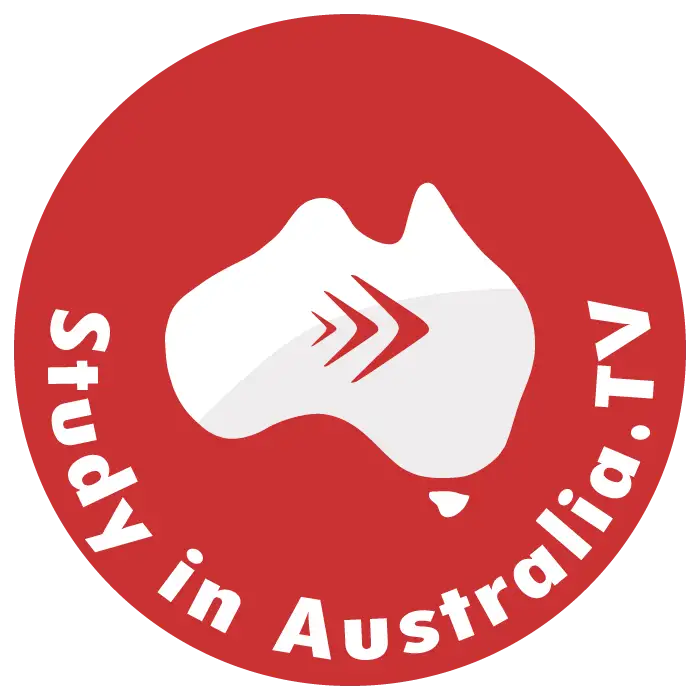Strategic Growth of Australian International Education

The Future of International Education in Australia: Expanding Horizons
Australia's international education sector, a cornerstone of its economic and cultural landscape, stands at a pivotal juncture. This dynamic sector not only represents one of Australia's most successful exports but also serves as a vital bridge connecting the nation to the global community. Through its extensive network of international campuses and partnerships, Australia has significantly extended its global footprint, underscoring its commitment to fostering a worldwide exchange of knowledge and culture.
Strategic Expansion and Global Engagement
The growth of Australian universities on the international stage, with campuses across the Asia-Pacific region and partnerships with leading global institutions, is a testament to the strategic importance of international education. The Australian government's leadership role in advancing international education partnerships has been instrumental in deepening relationships within the region and broadening opportunities for Australian higher education providers. Notable expansions, such as Monash University’s campus in Jakarta and Western Sydney University’s campus in Surabaya, are key milestones in Australia's international education journey. These initiatives not only enhance Australia's educational outreach but also contribute significantly to the country's diplomatic and economic objectives.
Maintaining Quality and Integrity
As the sector grows, ensuring the quality and integrity of international education remains a priority. The Australian government's initiative to develop an International Education Strategic Framework is a proactive step toward updating the role and direction of international education. This framework aims to align the sector with Australia's broader economic productivity and social well-being objectives, emphasizing a high-quality, sustainable, and diverse international education sector. Addressing challenges such as fragmented quality and the presence of low-quality providers is critical in maintaining Australia's reputation as a premier destination for international students.
Challenges and Opportunities in a Post-Pandemic World
The COVID-19 pandemic has underscored the vulnerabilities and resilience of the international education sector. With international student numbers bouncing back to near pre-pandemic levels, the sector faces challenges in capacity and infrastructure. The Australian government's Migration Strategy outlines a commitment to sustainable growth, driven by quality and alignment with national interests. This strategic approach is essential in navigating post-pandemic recovery and ensuring the long-term viability of the sector.
Enhancing Student Experience and Visa Pathways
The student experience and migration pathways for international students are pivotal areas of focus. Australia's allure as a study destination is rooted in its unique blend of high-quality education and lifestyle opportunities. Improving outcomes for international students, particularly in relation to migration and employment, is crucial. The Australian government's support for tertiary education providers in prioritizing equality and inclusion throughout the lifecycle of international student engagement is commendable. Addressing issues such as "permanently temporary" visa status and enhancing transparency in the visa system are steps toward improving migration outcomes for international students.
Regional Growth and Diversification
Promoting the growth of international education in regional and remote areas presents both challenges and opportunities. Efforts to communicate the benefits of studying and living in regional Australia are key to diversifying the international student population and supporting regional economies. Additionally, exploring opportunities to review visa requirements and support diversification of international student markets within a national strategic framework is critical. This includes leveraging innovative transnational education delivery modes and enhancing Australian alumni engagement to foster enduring connections.
Conclusion
The path forward for Australia's international education sector is marked by both opportunities and challenges. Strategic initiatives aimed at enhancing the quality and sustainability of the sector, improving student experience, and diversifying international student markets are essential. As Australia navigates the complexities of a post-pandemic world, the continued success of its international education sector will depend on a collaborative and strategic approach. By harnessing the potential of international education, Australia can continue to strengthen its global relationships, contribute to its economic prosperity, and enhance its cultural landscape. The journey ahead is one of strategic growth, innovation, and resilience, ensuring that Australia remains at the forefront of global education.











